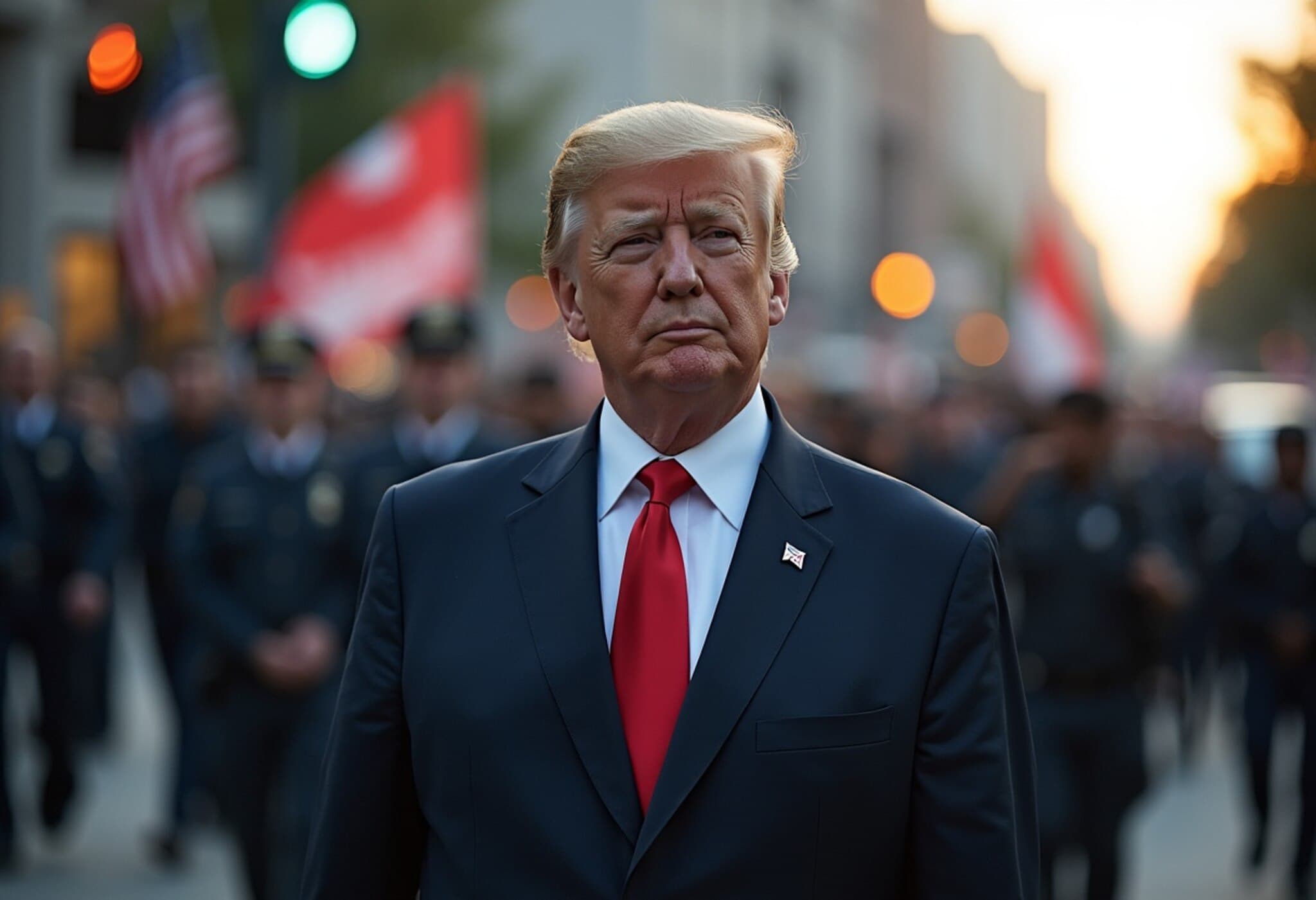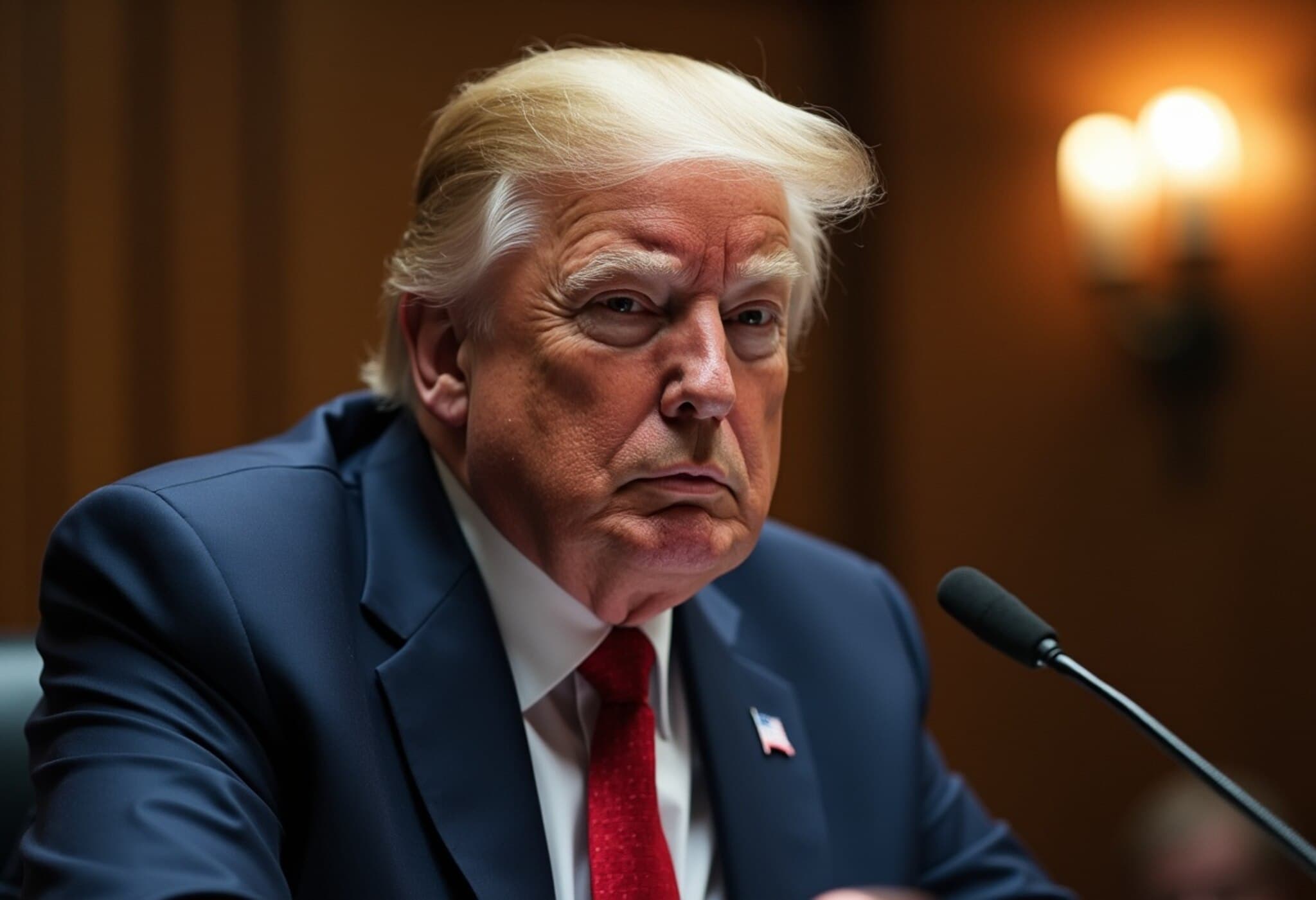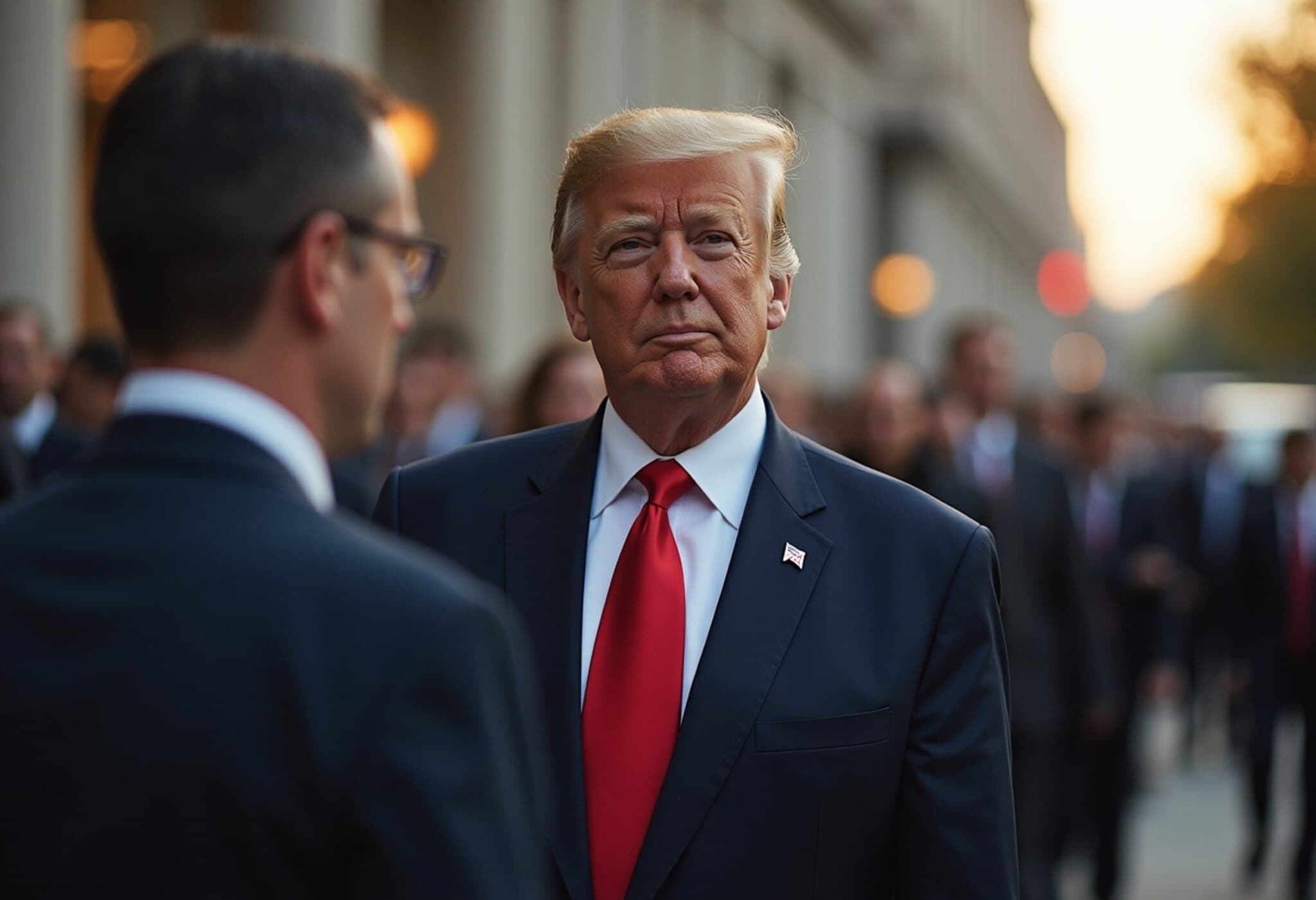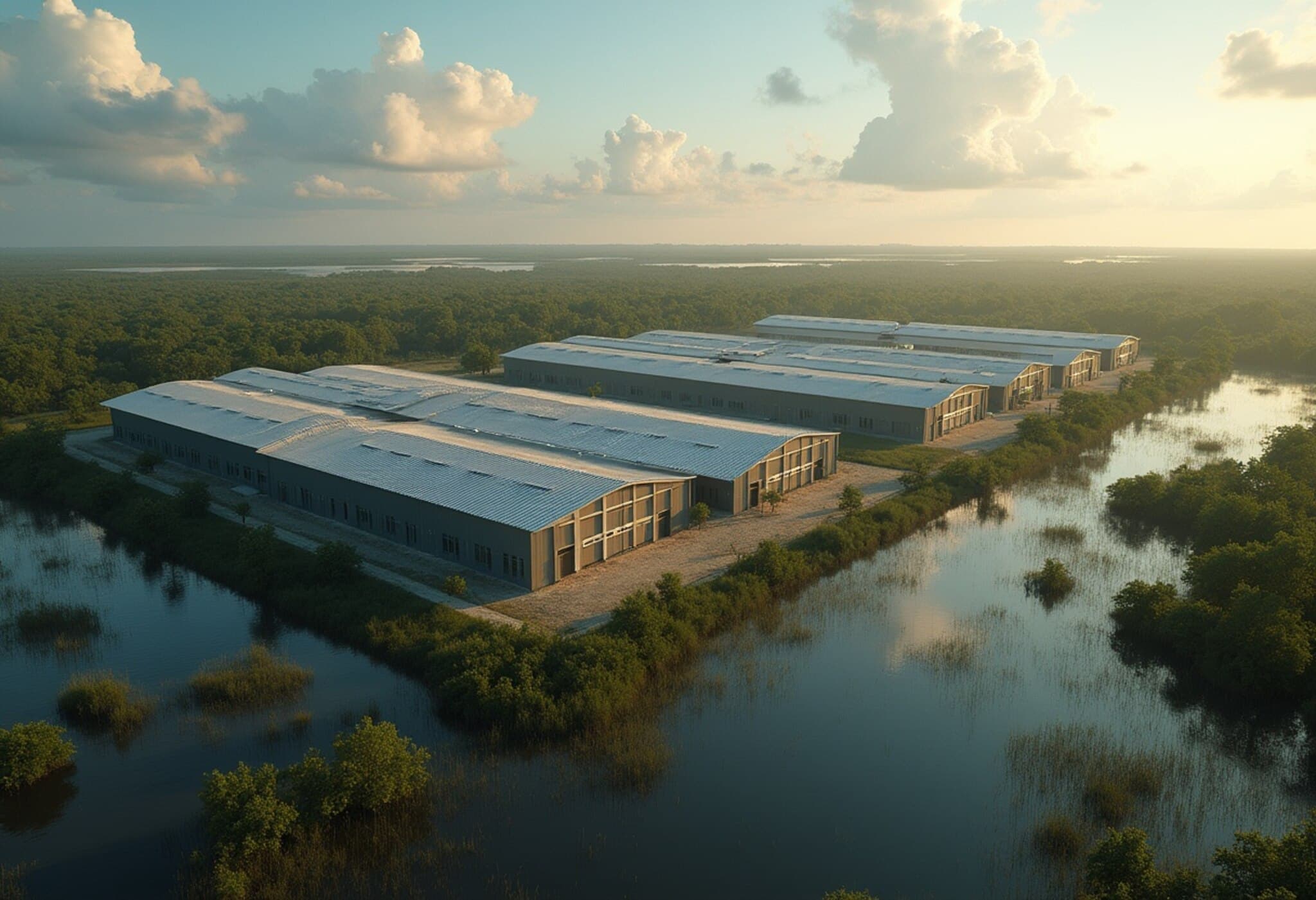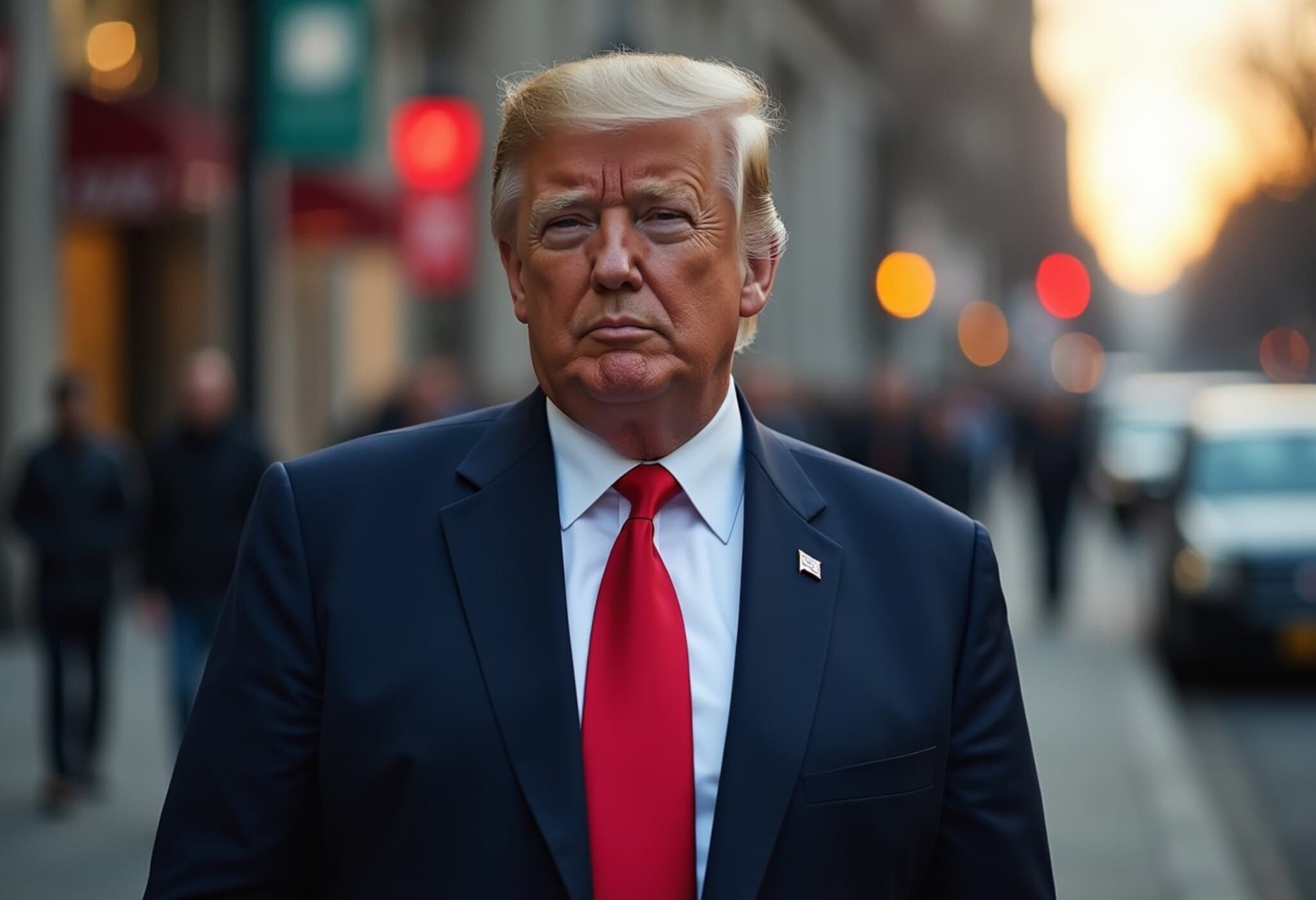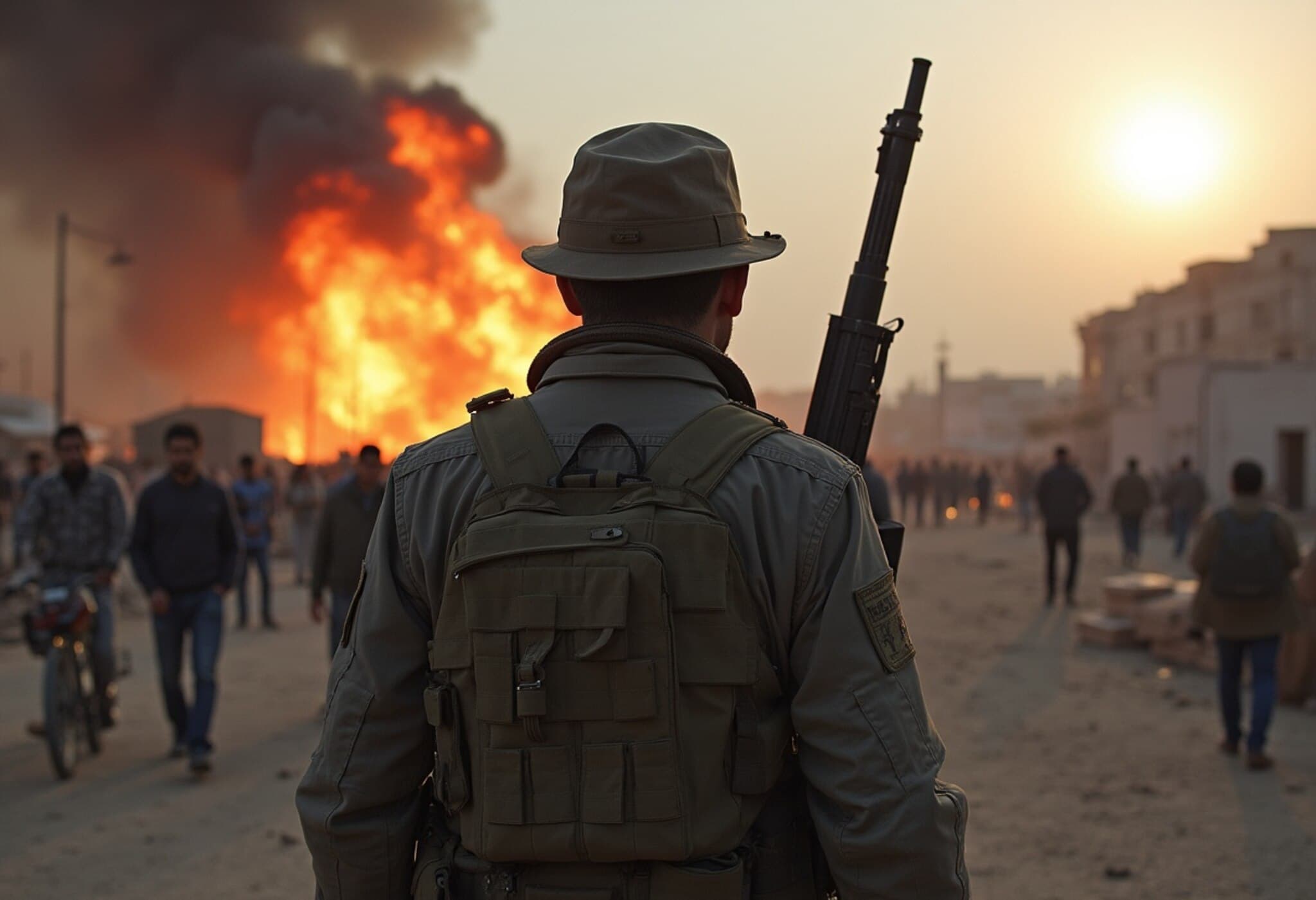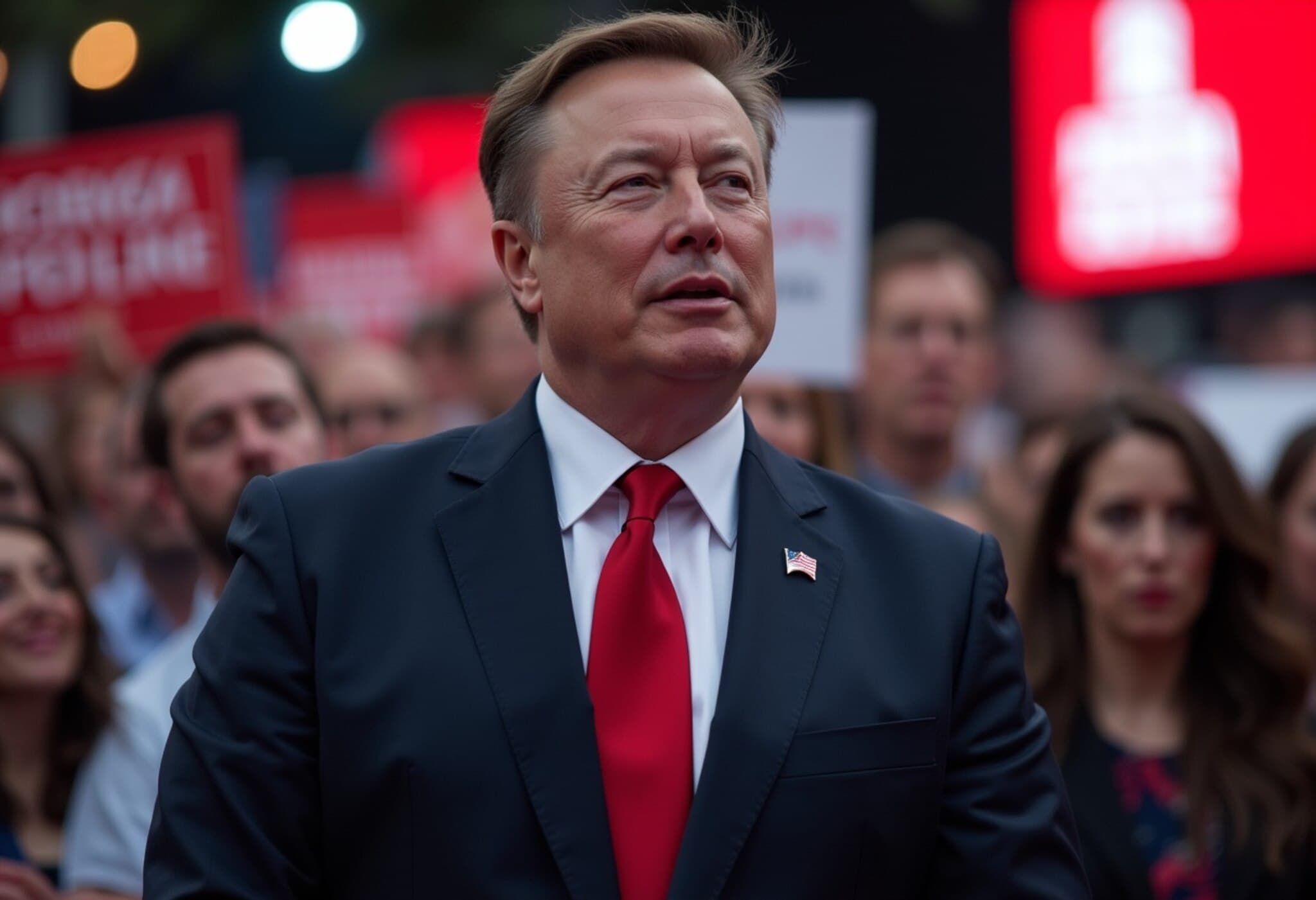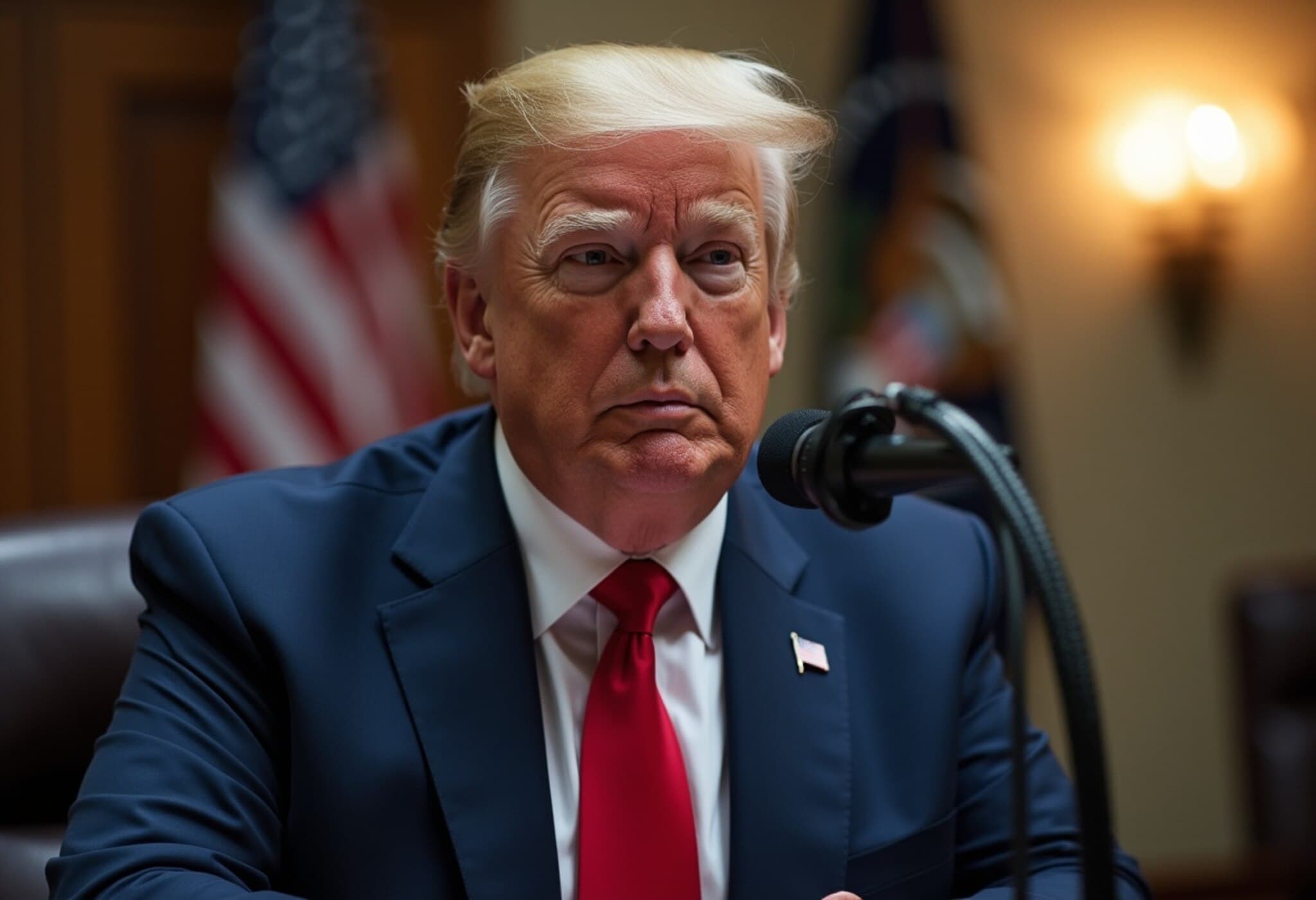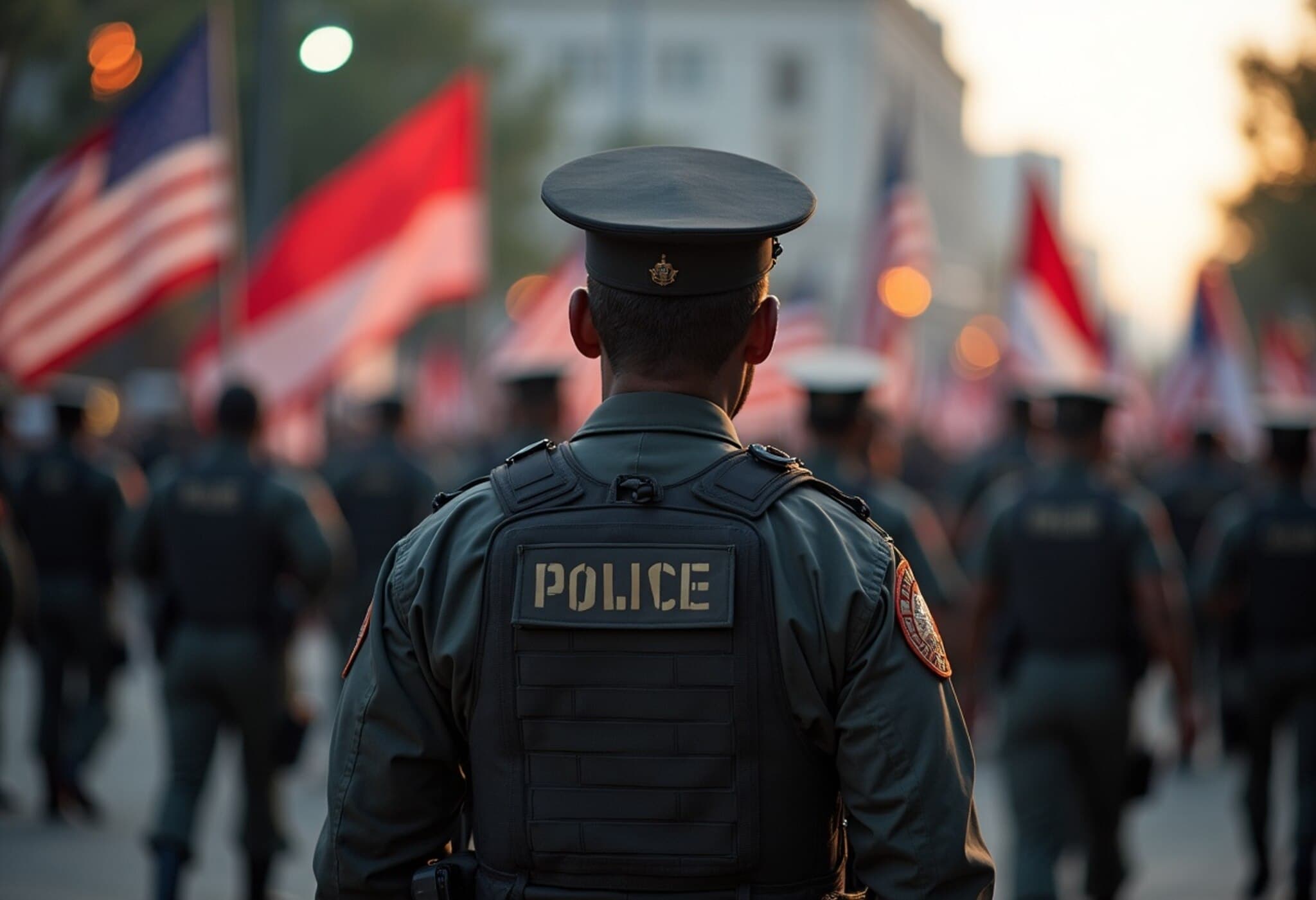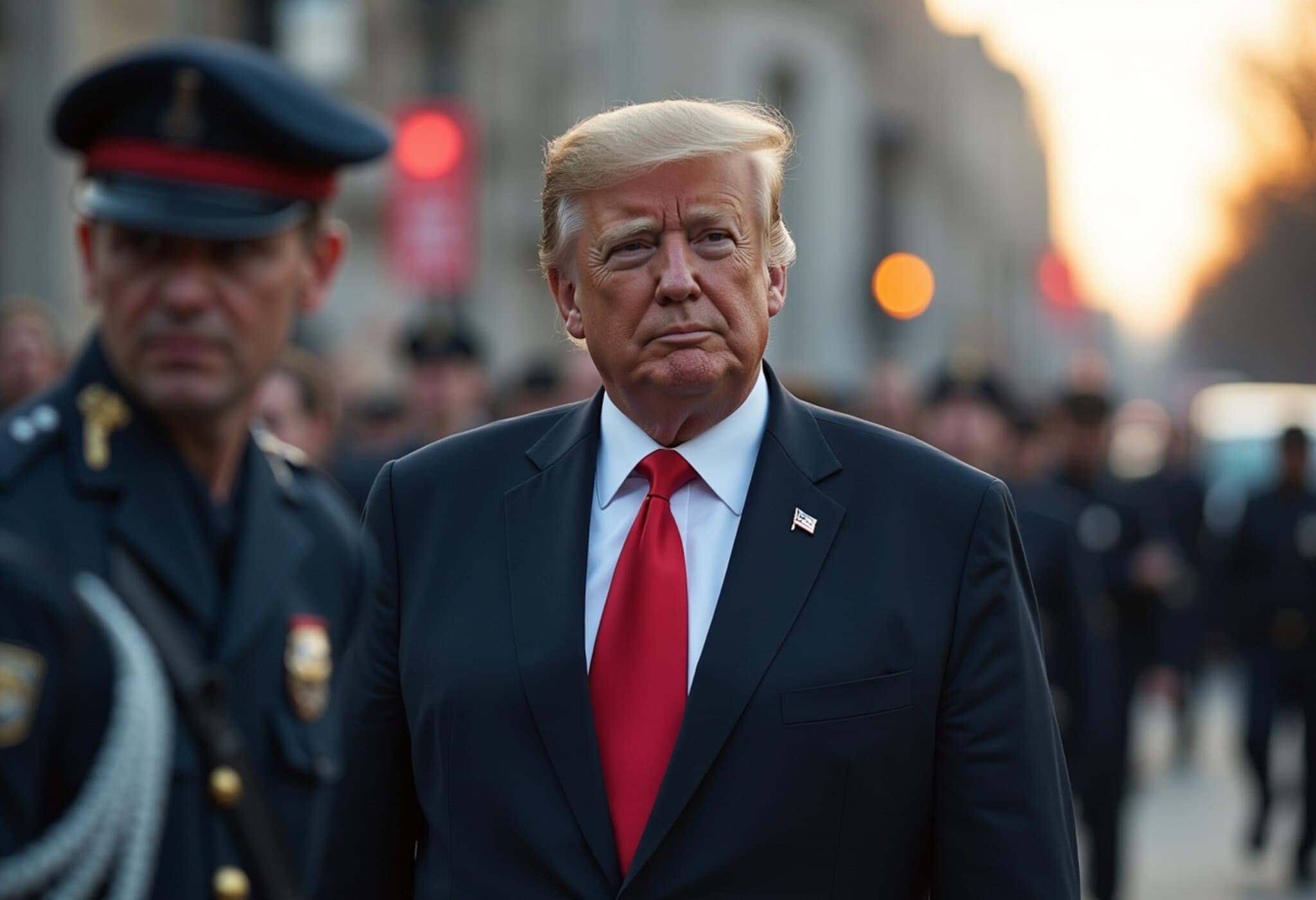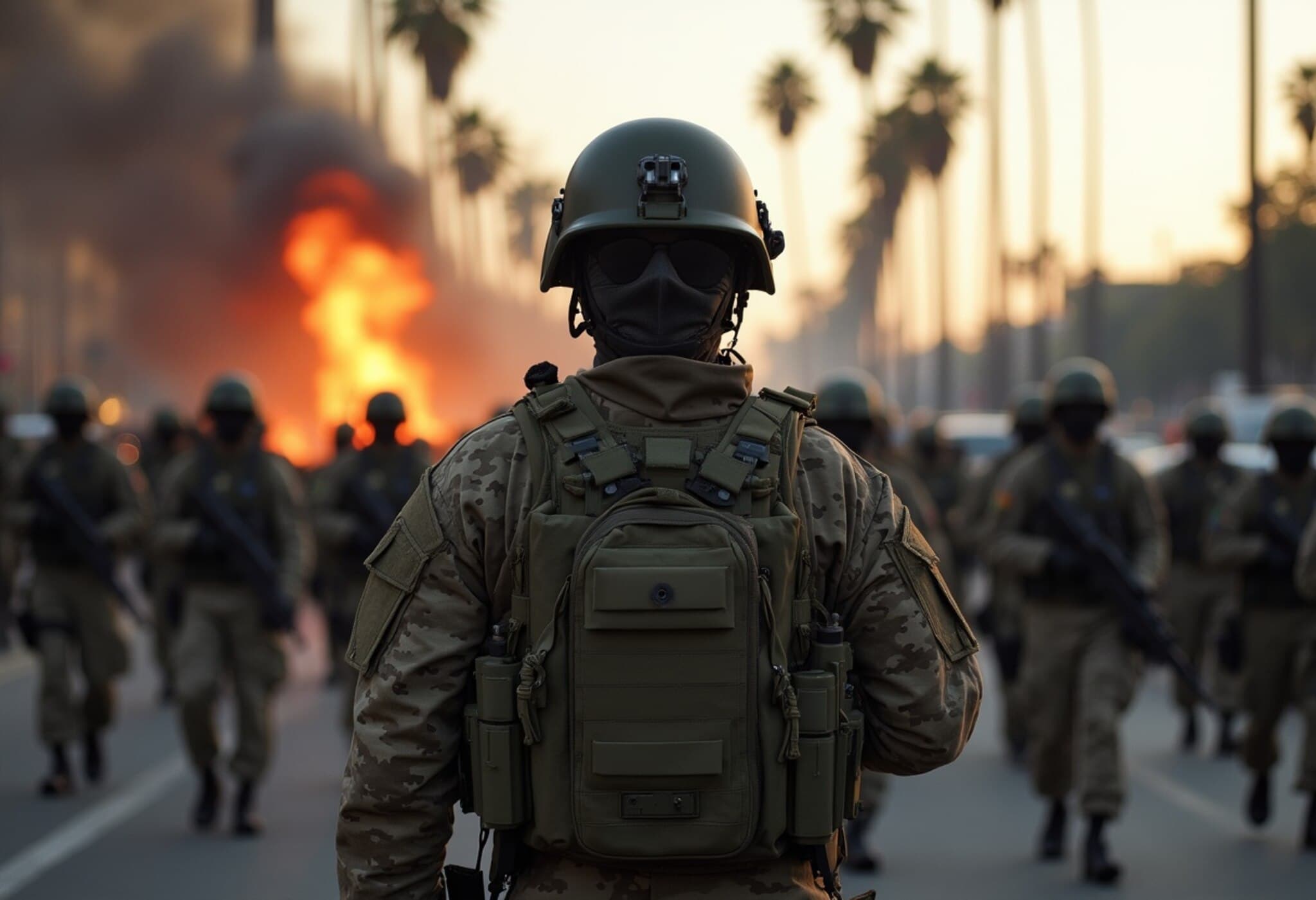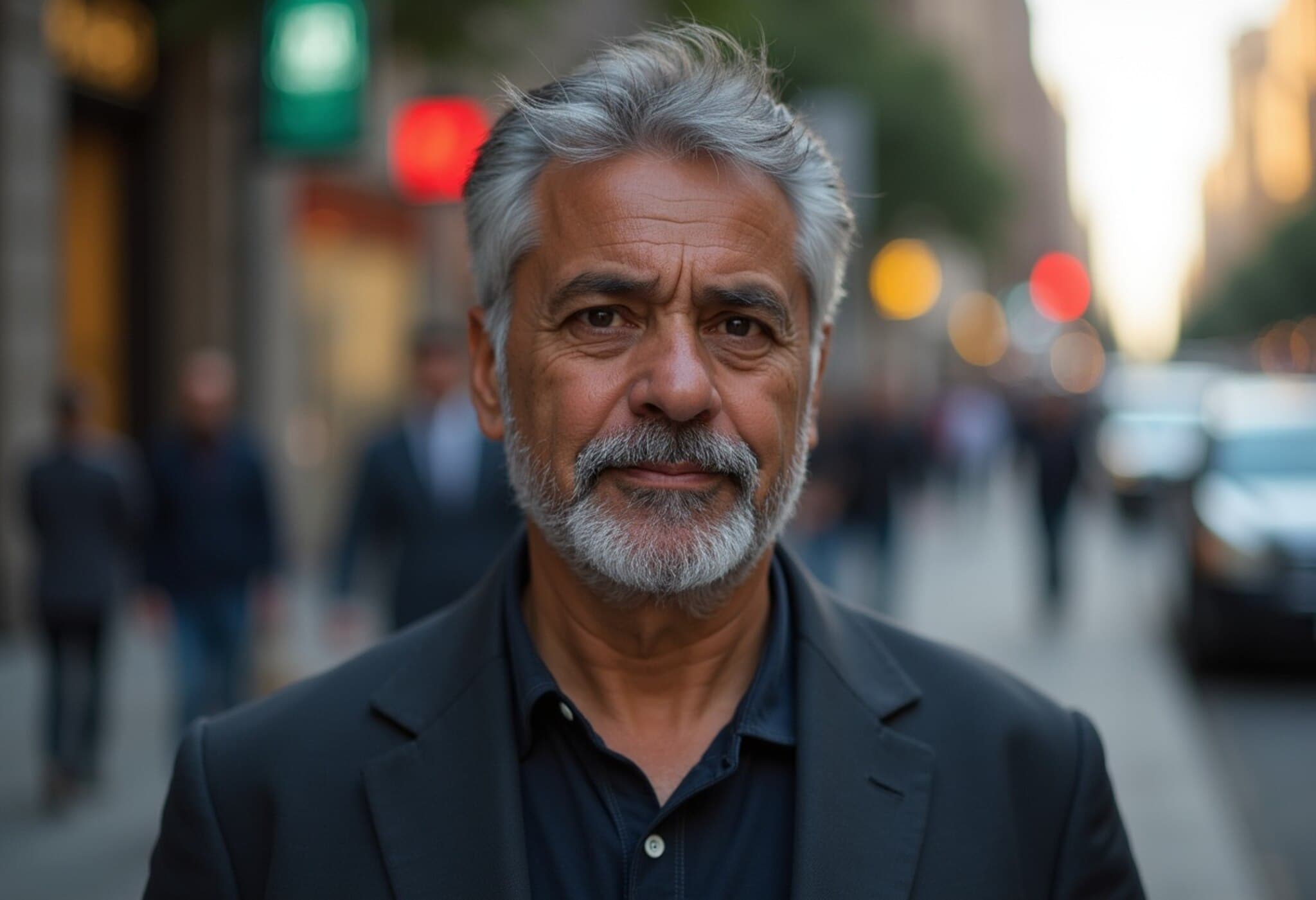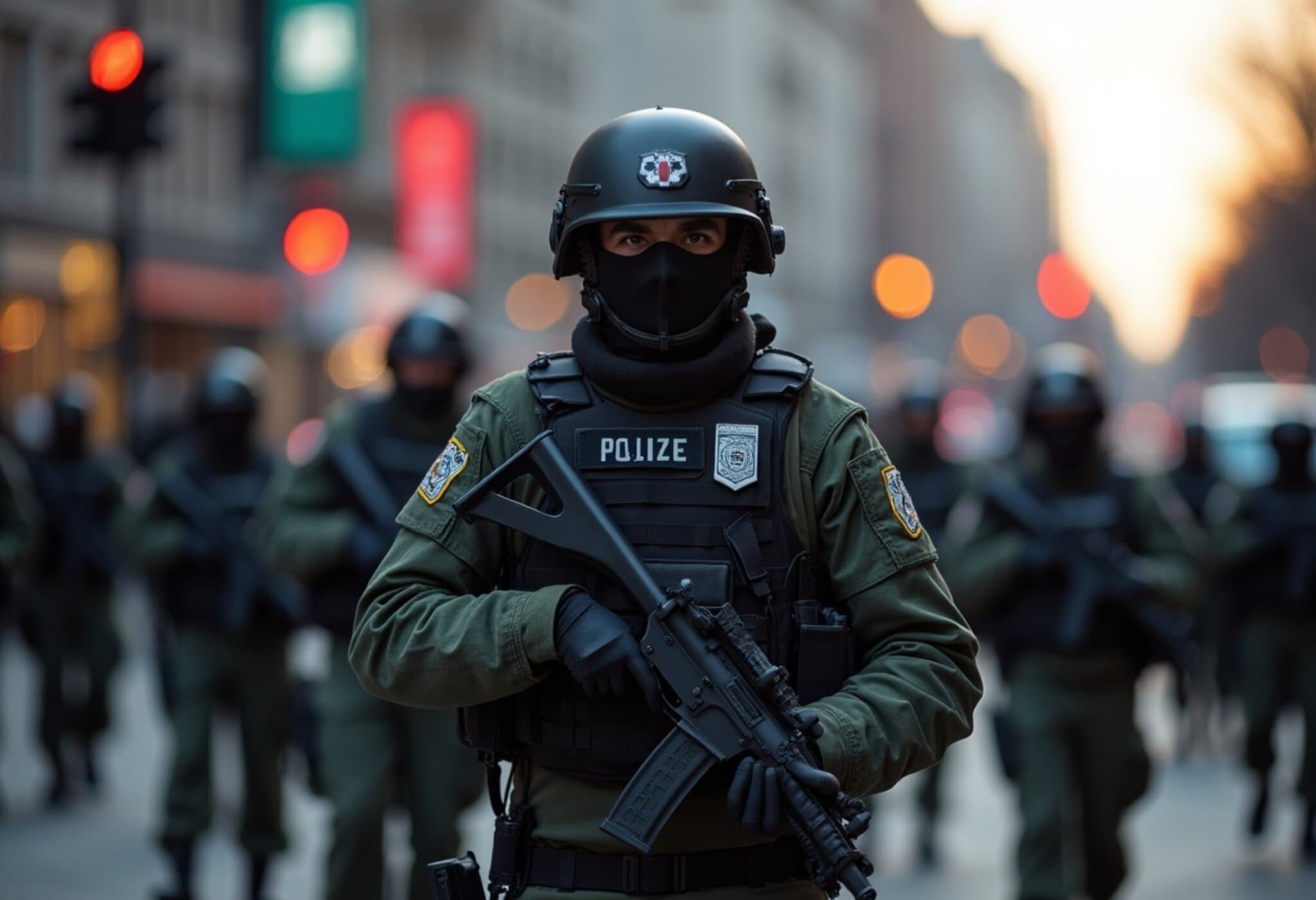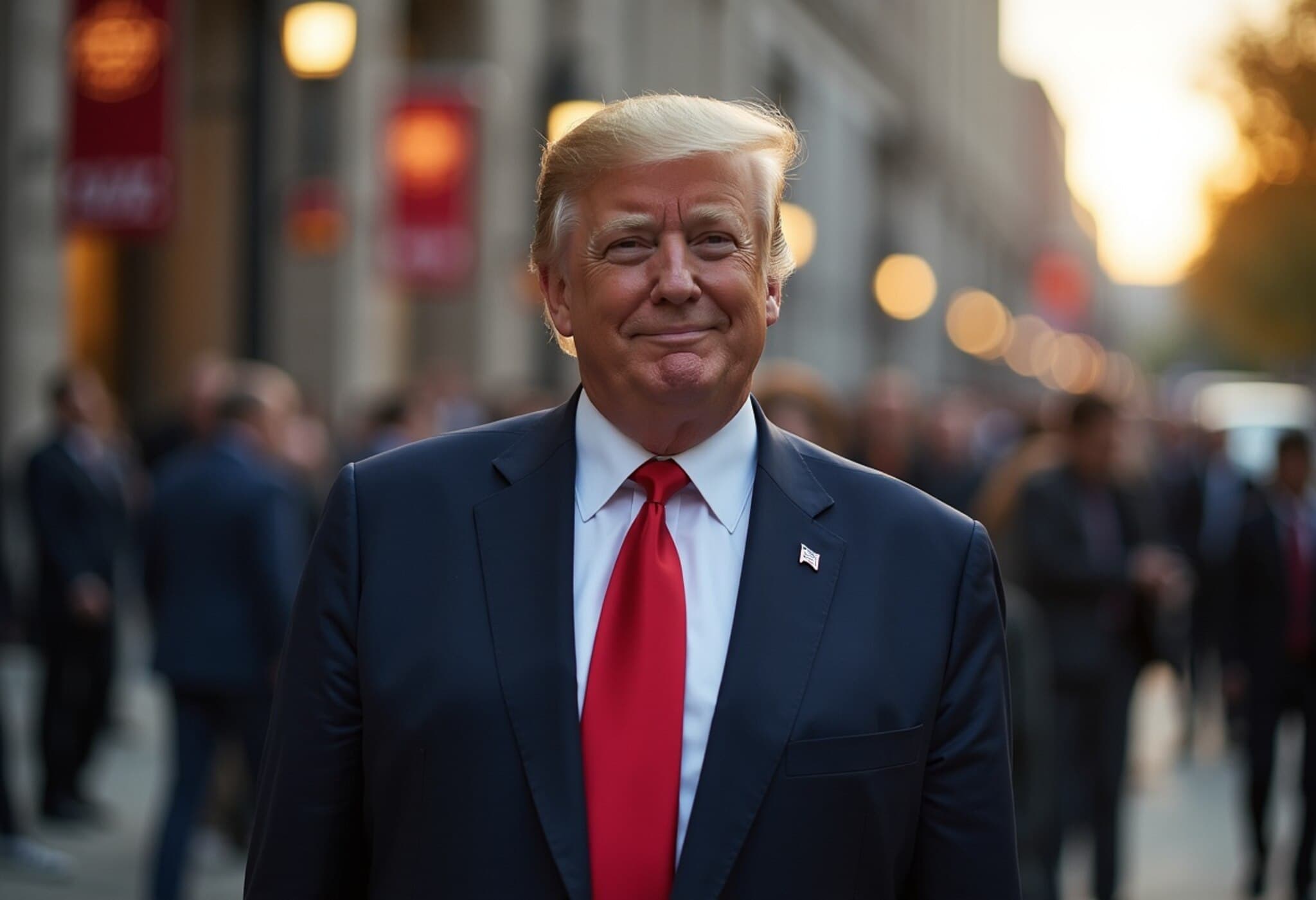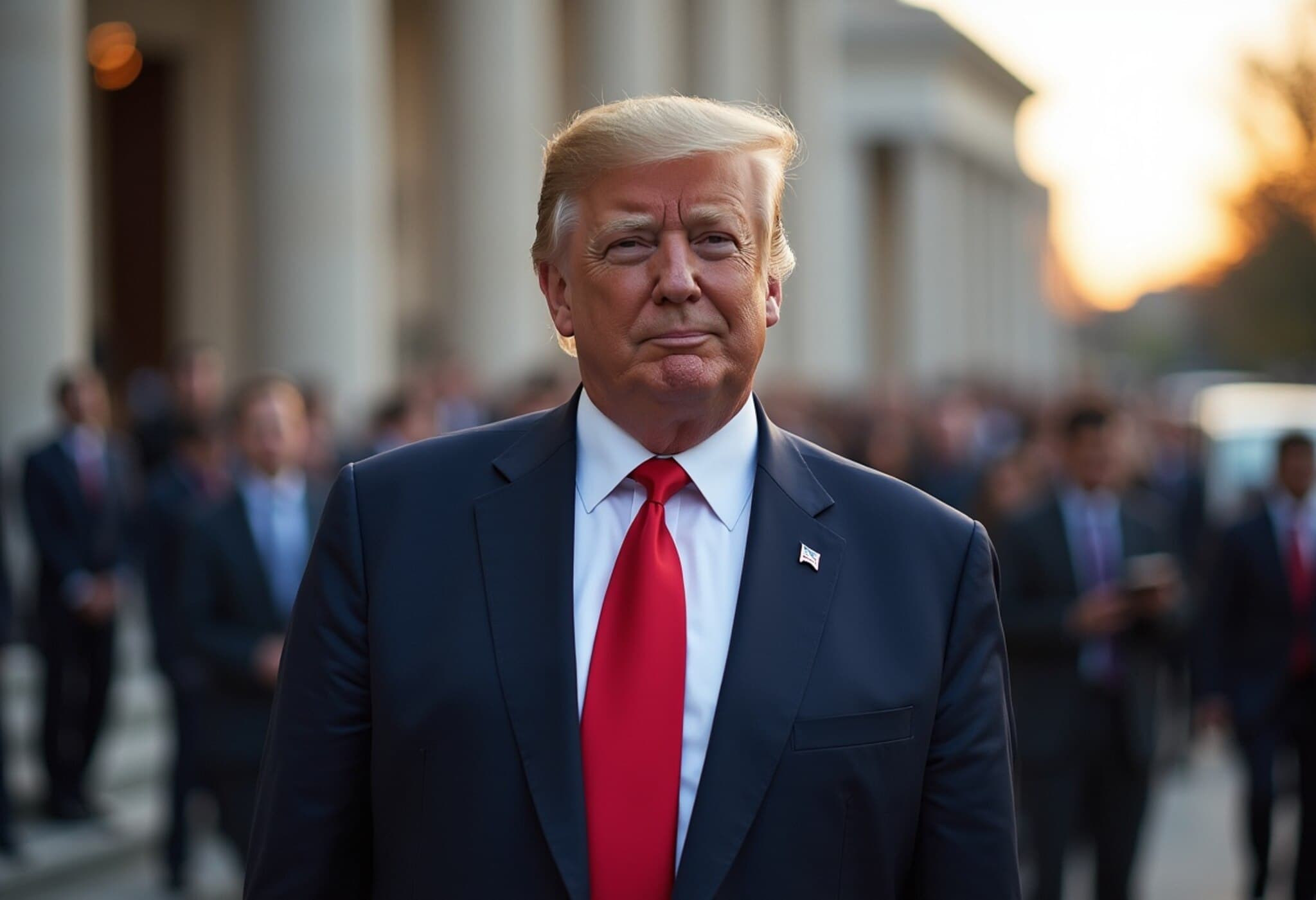US Appeals Court Supports Federal Control Over National Guard in Los Angeles
A federal appeals court has ruled in favor of former President Donald Trump’s decision to deploy National Guard troops to Los Angeles during immigration-related protests. The 9th US Circuit Court of Appeals unanimously determined that Trump likely acted within his legal authority when federalizing California's National Guard, overruling a previous lower court injunction initiated by California Governor Gavin Newsom.
Legal Backdrop: Balancing Authority and Protests
The court acknowledged that while the president's power over state-controlled troops is not absolute, the Trump administration presented a reasonable justification for federal intervention. Central to the ruling were documented incidents of violence against federal officers and damage to federal property during the protests.
According to the court, protesters targeted federal buildings and personnel aggressively, including damage to a federal van with smashed windows. These disruptive actions, the judges argued, underscored the federal government's substantial interest in maintaining order and protecting its assets.
Governor's Challenge and Judicial Response
Initially, Governor Newsom took legal action to invalidate the president’s order, asserting that federalizing the National Guard required his consent. A US District Judge had sided with Newsom, arguing that the president’s authority only extends to scenarios involving rebellion or its imminent threat—a threshold the protests did not meet.
“The protests in Los Angeles fall far short of ‘rebellion,’” the judge wrote.
However, the court’s most recent decision emphasized that procedural norms like notifying or obtaining approval from the governor do not override the president’s constitutional prerogatives in such circumstances.
Context of the Deployment
The National Guard deployment followed a series of demonstrations sparked by Immigration and Customs Enforcement (ICE) raids, which escalated tensions around federal immigration policy enforcement. The Trump administration argued that local law enforcement lacked jurisdiction to secure federal properties, necessitating federal troop involvement.
At its peak, the federal presence in Los Angeles included approximately 4,800 personnel, comprising both National Guard members and US Marines. This force buildup continued even as protests waned and curfews were lifted.
Officials have maintained the stance that protecting federal agents and properties warranted the enhanced security measures, dismissing prior legal challenges as temporary hurdles.
What This Means Going Forward
The appeals court’s ruling sets a precedent affirming the president’s ability to act decisively in mobilizing state troops under federal command during events deemed threatening to federal interests, even against opposition from state leadership. This decision marks the first such activation without a governor's consent since 1965, reflecting a significant development in federal-state military relations.

